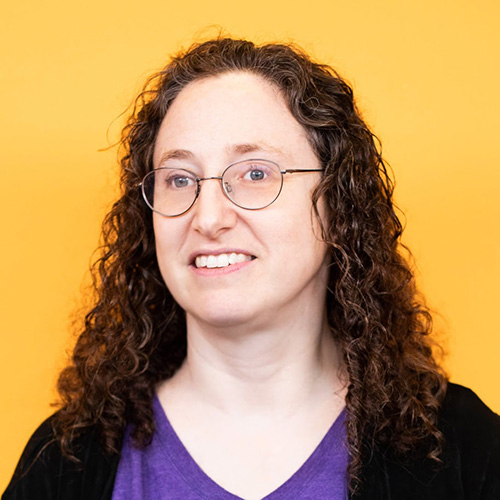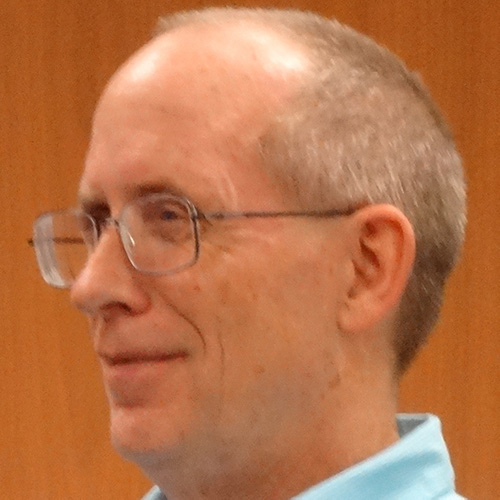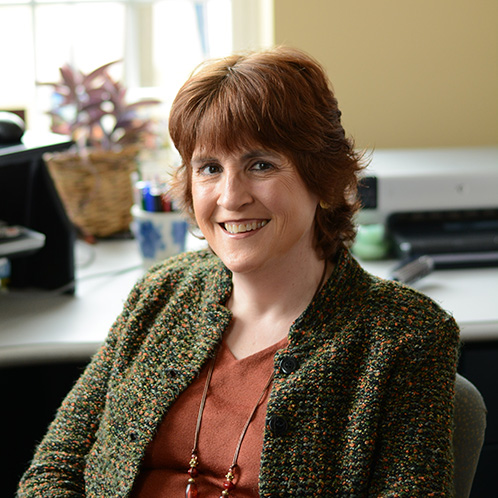Session: 2 for 1: Introducing CS Students to Open Source/Promoting Diversity by Featuring the Positive Power of Open Source Projects
Introducing CS Students to Open Source – Ellen Spertus, Mills College
Open source programming is professionally and personally rewarding, but many people are intimidated by the barriers to entry and the field’s reputation for hostility to newcomers, especially members of marginalized groups. As a computer science professor at a minority-serving women’s college, I have countered this by guiding students, as part of their required coursework, to learn and apply the necessary skills to make contributions to open source projects. I will share what I have learned over the years about breaking down the barriers to help other educators, mentors, and open source practitioners increase participation.
Promoting Diversity by Featuring the Positive Power of Open Source Projects – Heidi Ellis, Western New England University & Greg Hislop, Drexel University
The benefits of increasing diversity in software engineering teams are well known, but the computing profession continues to struggle to become diverse, and open source projects are no exception to this problem. This key point of this talk is that open source has a unique story to share that is especially appealing to women and other underrepresented groups. But too often, we do not do a good job in telling the right story. This presentation will suggest basic message elements that all open source professionals should understand are likely to appeal to the populations we need to attract. These elements are likely to appeal to women computing professionals you might want to hire, and also the high school girls you talk to at a career night who are good in math and science but have no thought of a software engineering career. This talk draws on experience teaching undergraduate students about open source, and a study of 234 undergraduate students that provides evidence of aspects of computing that appeal to underrepresented groups including women.



